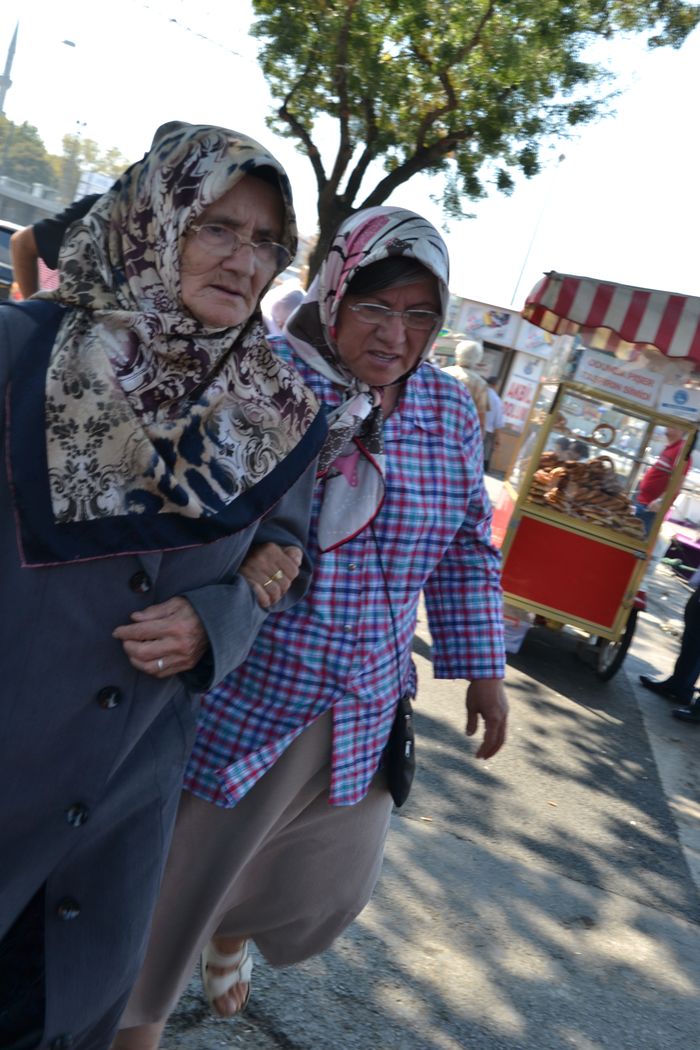173. I could, if I wished, tell you other anecdotes of this sort about Constantine. There are things which a historian would probably reject, but which a really convincing orator would not disdain to use as the legitimate material for a panegyric. I will give a few examples. The emperor devoted some time to amusements, and while to other men ‘amusement’, however they regarded it, had only one connotation, to him it was a serious business, invested with dignity.
If he wished to make a grove, or to fence a park, or to flatten a racecourse, it was not sufficient to carry out merely the plan as he had first conceived it. New ideas at once occurred to him. As some men covered the meadows with soil, others were fencing them round (all with the greatest expedition): vines and trees were rooted up, but others immediately took their place, already loaded with fruit.
174. How was it done? Well, suppose the emperor wanted to transform a barren plain into a fertile, productive field. No time was lost. Trees which were growing elsewhere were transported to the plain, complete with fruit, and planted in the earth there; clods of soil covered with grass, brought from mountain groves, were spread all over it. And if grasshoppers were not soon chirruping among his blossoming trees, if nightingales were not soon singing everywhere in his grove, Constantine was a fiery disappointed man. He took the thing seriously and it was not long before he was enjoying all kinds of sounds to his heart’s content.
Admire the emperor for their magnificence
175. These habits and the trouble they involve seem, to me at least, perhaps unworthy of ‘a counsellor, one to whom the guidance of the people has been entrusted, one who has so many cares’, to quote the poetic language of Calliope.**139 Another man, however, seeing the beauty of his works, may admire the emperor for their magnificence, and he will use every argument he can think of to persuade you that Constantine showed extraordinary acumen in dividing his life between business and pleasure, so that neither interfered with the other. No embellishments, he thought, were necessary for the serious side of his life — that was already endowed with a peculiar beauty of its own — but the pleasure he invested with a most gracious charm, or rather, with a rare dignity.
Read More about Zoe and Theodora part 85








